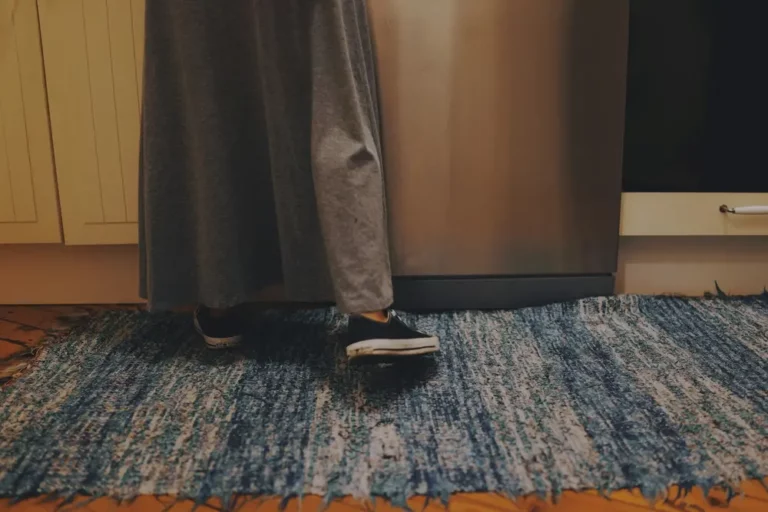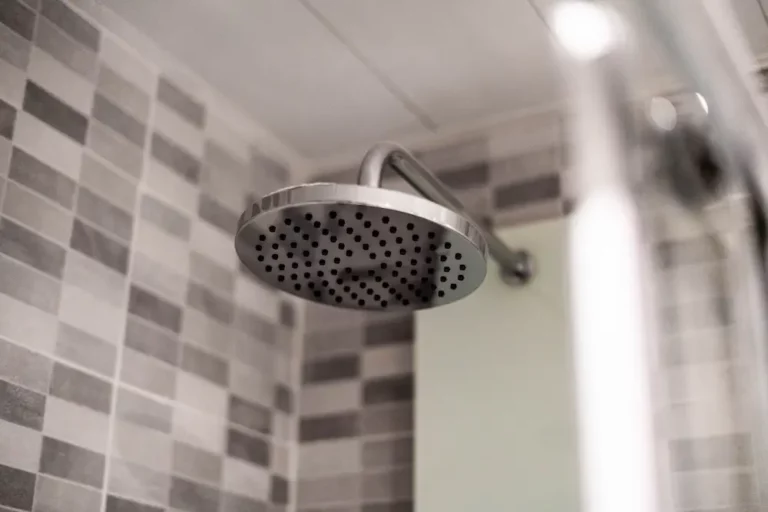Grill on Your Apartment Balcony: Is it Advisable?
There are various stunning ideas for using the extra space on a balcony, and grilling is one of them, especially during house parties or family get-togethers. However, the use of grills on apartment balconies is not just the decision of a house occupant to make. If you’re a renter, your landlord has a say in whether you can light up the propane grill on the balcony or not.
Also, some counties, cities, and states have rules guiding the use of grills on the balcony.
Florida, for example, doesn’t even permit the storage of grills on a balcony, much less its usage. In New York, gas grills are allowed as long as they are placed at a safe distance, ideally ten feet away from buildings, railings, and branches.
As for Philadelphia, you can use a charcoal grill wherever you like, including balconies. The dwellers are lucky, aren’t they? Read along as we discuss the types of grills and their pros and cons.
4 Types of Grills
Grills are classified according to the type of fuel used in operating them. Below are four of the most common grill types:
- Charcoal Grill
Charcoal grill utilizes charcoal briquettes, char wood, and hardwood as their heat source for grilling. Although they are considered safer, charcoal grills are less preferred than gas grills because of the live coals and long heating process.
Pros and Cons of Charcoal Grill
| Pros | Cons |
| Charcoal grills are portable and affordable. | You might need to install a charcoal chimney as an outlet for the smoke. |
| They are generally hotter than other types of grills. | Usually susceptible to fire accidents due to high heat. |
| Charcoal grills bring out the true flavored taste of food. | Charcoal grills take longer to heat up. |
| They are cheap. | They are more difficult to clean than other types of grills. |
- Propane Grill
Propane grills, also called liquid propane (LP) grills, use liquid propane as a heat source. Although propane heats immediately and is highly contained, propane grills are sometimes too large or unwieldy for some apartment balconies. You can purchase tabletop or camping grills if you’d prefer something smaller than the traditional propane grills.
Pros and Cons of Propane Grills
| Pros | Cons |
| Propane grills are somewhat portable. | Occasional replacement of propane tanks. |
| They are safe for use in outdoor spaces. | They add no form of flavor to food. |
| You don’t need to preheat propane grills before usage. | They are more expensive than natural gas. |
| Propane grills are more fuel-efficient than gas grills. | Propane grills emit more carbon than gas grills. |
- Electric Grill
Electric grills are small and lightweight, making them ideal for an apartment balcony. They utilize electric elements as their heat source and are considered the safest of all grills. However, you should note that your food may cook differently than on a traditional grill because of the change in heating elements.
Pros and Cons of Electric Grills
| Pros | Cons |
| Electric grills do not need combustible fuel as heat sources to function. | Electric grills require an electricity supply to function. |
| They are suitable for indoor and outdoor use. | They have small cooking surfaces, which means you may have to cook large amounts of food in batches. |
| Electric grills are affordable and easy to maintain. | Electric grills do not infuse flavor into food. |
| They are portable and easy to move around. | Electric grills have difficulty maintaining higher cooking temperatures in cold weather. |
- Gas Grill
A gas grill uses gas jets located under its cooking surface for grilling. They are large, expensive, and mostly made out of stainless steel.
Pros and Cons of Gas Grills
| Pros | Cons |
| Gas grills are easy to use and clean. | Larger units of gas grills take up more space. |
| Gas grills are relatively quick to heat up. | Gas grills are expensive. |
| They have better temperature control for even cooking. | Gas grills require gas to function. |
Safety Tips For the Use of Grills
Over time, the increasing number of fires caused by grilling on the balcony has resulted in the establishment of rules and regulations guiding the use of grills.
In its guidelines, the National Fire Protection Association (NFPA) recommends placing grills safely away from the home and deck railings, not under eaves or overhanging branches. To ensure maximum safety while grilling, follow these necessary precautions.
- Check for leaks in the gas cylinder hose before each use.
- Charcoal grills often remain hot for several hours after the flames extinguish. Avoid placing combustible items near the grill or moving the grill from one place to another while the coals are hot.
- Occasionally check for rust in grills, which could cause charcoal to fall through onto surfaces below and ignite a fire.
- Apply a mild soapy solution to the hose to reveal escaping gas by releasing bubbles.
- Turn off the gas grill and tank if you suspect or perceive a gas leak. Then get a professional to service it before the next usage of the grills.
- Do not drink, grill, and leave the grill unattended.
- Never use a grill in-house, in a garage, vehicle, tent, or enclosed space to prevent harmful carbon monoxide buildup.
- After each use, clean the grill and the trays beneath the grill properly. For charcoal grills, dispose of the coals carefully.
- Close vents and cover the grill tightly when not in use.
- Always store gas grills and propane tanks outside and away from your house, out of reach from children, and away from heat sources.
Conclusion
Grilling food on an apartment balcony is incredibly relaxing and exciting and may be the next best thing to frying bacon in a kitchen.
However, you must consider the rules and regulations guiding the use of grills in your apartment complex and city. This will definitely come in handy as some landlords permit only a certain type or size of grills.
However, if you’re free to use grills as you wish, ensure that there is enough room on the balcony after placing the grill. You should also keep safety tips in mind to limit the occurrence of fire accidents. Though no one really plans for a fire, it is necessary to have a fire extinguishing plan in case of accidents.


